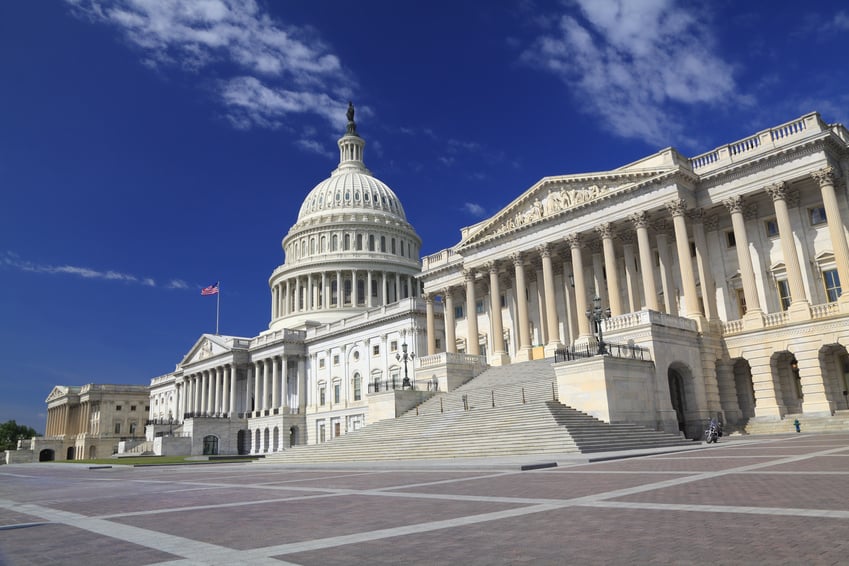Brian Burke is a partner in Baker McKenzie's Washington, DC office. He draws on over 20 years of experience to counsel clients on all federal antitrust issues. He assists clients in successfully navigating the merger clearance process before the US as well as international antitrust authorities. Brian also has extensive experience advising clients on civil and criminal governmental antitrust investigations, commercial antitrust litigation, antitrust compliance programs, risk assessments, and pricing and distribution policies. Brian holds multiple leadership positions in the Firm. He is a member of the Steering Committee for the Firm's North American Antitrust Practice Group, as well of the Global Antitrust and Competition Taskforces for Healthcare, Energy Mining and Infrastructure, and Consumer Goods Industries. He also serves as the co-head of the Firm's Merger-Control Task Force.
John Fedele is a member of Baker McKenzie's antitrust practice and is located in its Washington, DC office. While he has a broad range of antitrust experience, he most frequently represents clients before the Antitrust Division of the US Department of Justice (DOJ) and the Federal Trade Commission (FTC) in investigations of proposed mergers and acquisitions, and routinely analyzes and manages filing obligations under the Hart-Scott-Rodino (HSR) Act and foreign competition regimes.
Creighton Macy is the Chair of Baker McKenzie's North America Antitrust & Competition Practice Group. Creighton is recognized as a leading global antitrust practitioner.
Creighton has extensive experience representing clients in a wide variety of antitrust matters, including mergers and acquisitions, investigations by the United States Department of Justice and the Federal Trade Commission, private litigation, and counselling on issues such as antitrust compliance. Before joining the Firm, Creighton served as Chief of Staff and Senior Counsel in the DOJ Antitrust Division, working as a senior advisor to the Assistant Attorney General on civil and criminal antitrust enforcement and policy matters, as well as budget and personnel issues. During Creighton's time at the DOJ, the Antitrust Division undertook an unprecedented volume of high-profile civil and criminal matters.
Creighton began his career as a Trial Attorney in the Litigation III and Transportation, Energy, and Agriculture sections of the Antitrust Division, working on a number of notable merger and civil non-merger investigations and cases. Before rejoining the Antitrust Division as its Chief of Staff, he was a member of another global law firm's antitrust practice, where he advised clients on a wide range of US and international antitrust issues.
Creighton is consistently recognized globally for his market-leading antitrust practice with respect to high-stakes transactions, investigations, and compliance and counseling work. For example, clients have noted that Creighton “shines above the rest’ due to his first-rate cartel and merger control-related practice.’” He also regularly speaks and publishes articles relating to a variety of antitrust issues, and has been recognized many times for his contributions and thought-leadership on these issues.
Creighton is currently Co-Chair of the American Bar Association Antitrust Law Section’s Young Lawyers Task Force. In previous roles, he served as Reporter of the Presidential Transition Task Force, as well as Chair of the Trade, Sports, and Professional Associations Committee. He is highly involved in mentoring programs, including with the Antitrust Law Section, as well as Marquette University Law School, where he previously served as the DC Representative of the Alumni Board.
Creighton graduated from Marquette University, where he was an NCAA Division I Academic All-American tennis player. During his time at Marquette, he was awarded the Athletic Department’s Cura Personalis award by his peers, as well as several leadership awards. More recently, Creighton was named the Athletic Department’s Young Alumnus of the Year Award.



